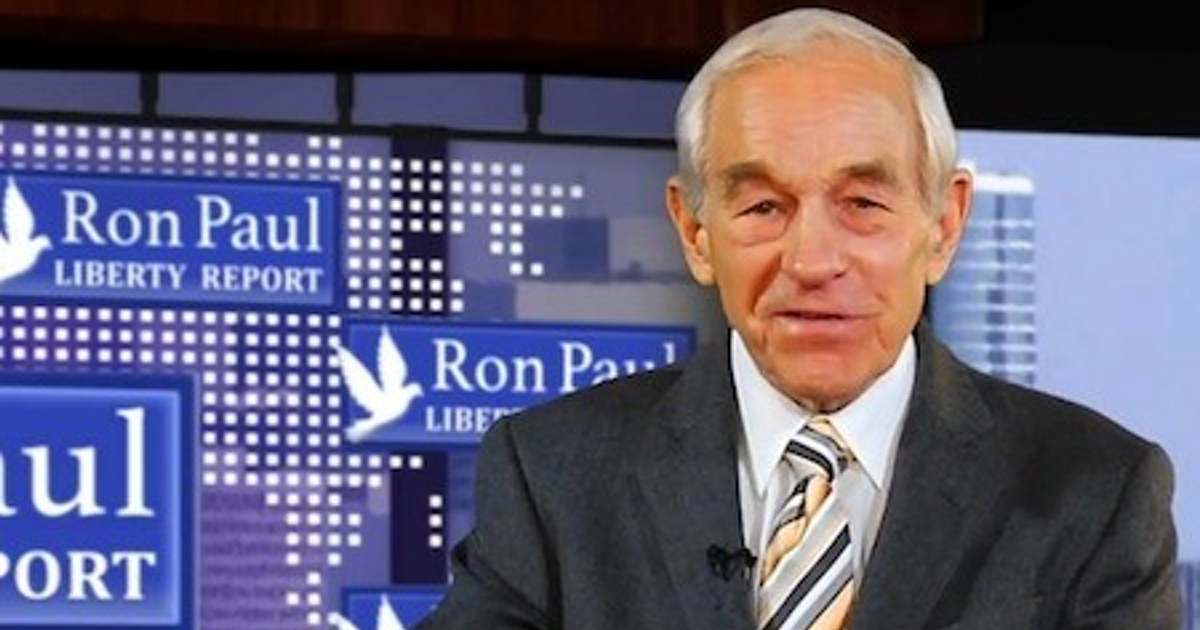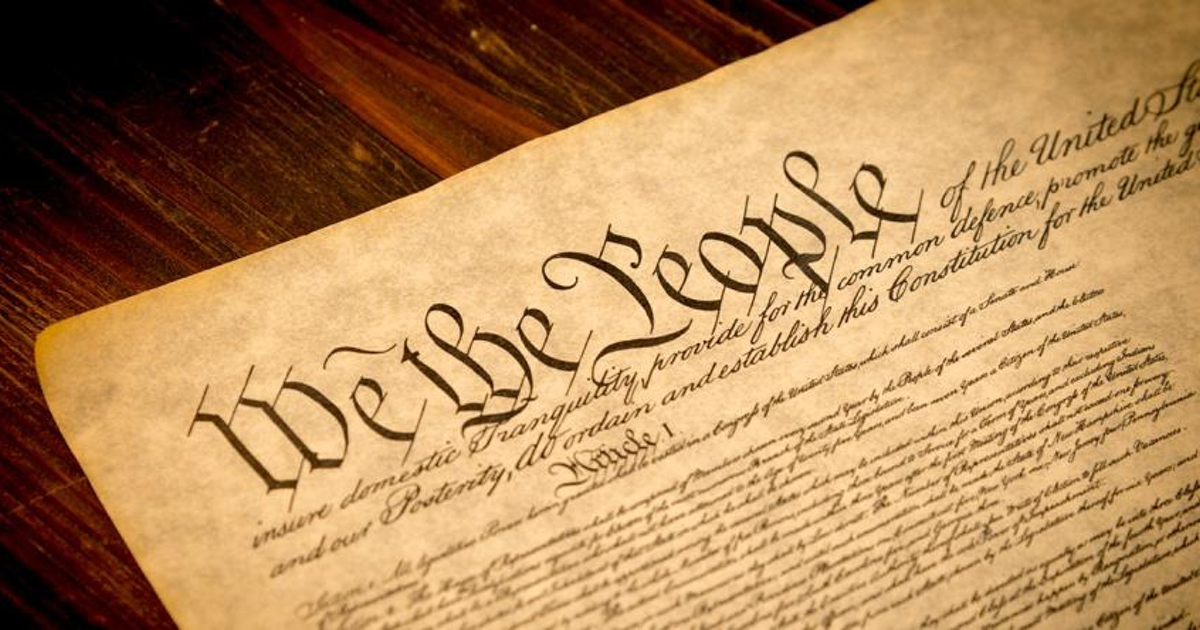|
By John J. Duncan, Jr.
In the days leading up to the Congressional vote on whether to go to war in Iraq years ago, Fortune Magazine had an article headlined “We Win – What Then?” The article said a prolonged war in Iraq would make American soldiers “sitting ducks for Islamic terrorists.” Another national magazine at that time, U.S. News and World Report, had an article headlined, “Why the Rush to War?” Now that war has been frequently referred to as possibly the greatest foreign policy mistake in US History. The night before the Iraq war vote, a television station in Knoxville had a poll showing 74 percent in favor of the war, 9 percent against, and 17 percent undecided. I was one of six Republicans who voted against going to war, and for three or four years, that certainly was the most unpopular vote I ever cast. But slowly, slowly, slowly, it became my most popular vote. We were basically conned into that war by a group called Neo-Cons, so-called neoconservatives, who George Will once described as being “magnificently misnamed” because they were really the “most radical people in this City,” meaning Washington. In addition to our disaster in Iraq, we have now been at war in Afghanistan for 17 years, seemingly permanent, forever wars that have cost us trillions of dollars and caused many thousands of Americans to be killed or maimed. What a waste. President Reagan once said we should never go to war unless there were no other reasonable alternatives and then only as a very last resort. We have had too many leaders who never went to war themselves, such as the new National Security Advisor, John Bolton, who seem far too eager for others to go to war so these chicken-hawks can feel more important or think of themselves as modern day Winston Churchills. Now we seem to be rushing into another war in Syria. I am thankful that conservatives like Tucker Carlson and Pat Buchanan are questioning this new rush to war. At some point, with a $21 trillion national debt, we have to realize there are limits to American power. Civil wars and really terrible things are happening all over the world – in Africa – in the Middle East – and other places all the time. As President Kennedy said in one of his most famous speeches at the University of Washington, with only four percent of the world’s population, “we cannot right every wrong or reverse each adversity – and that therefore there cannot be an American solution to every world problem.” Most of the time, a military solution is the worst solution. There are many other ways we can help people who have been harmed through humanitarian, religious, or charitable organizations, or through the United Nations. As Pat Buchanan wrote, President Trump is being “goaded into war,” and that Congress should “debate our objectives in this new war and how many new casualties and years will be required to defeat the coalition of Syria, Russia, Hezbollah, Iran, and the allied Shiite militias from the Near East.” Tucker Carlson said we need to ask some skeptical questions now at least in part because Secretary Mattis said in February that we have absolutely no proof that Assad used the chemical weapons he was accused of using last year. He added there is no real proof Assad did the chemical attacks this time because such an attack would really help only the rebels fighting Assad, and they also have chemical weapons, rebels who have been described as Islamic terrorists but who we are supporting. Mr. Carlson pointed out that Assad had no reason or incentive to use chemical weapons in a civil war his government had basically already won. President Trump was elected in large part because he promised to get us out of these unnecessary wars in the Middle East. Almost everything we have done in the Middle East over the last many years has been wrong. There has been fighting going on there for several thousand years. Throughout history, other wars have been started over incidents or information that turned out to be false or greatly exaggerated. We do not need nor can we afford to get into another trillion dollar war in the Middle East without first making sure it is absolutely in America’s interest to do so and that it will not make the Middle East even more messed up and chaotic than it already is. Rep. Duncan (R-TN) is a Member of the Ron Paul Institute Advisory Board.
While we did not wake up this morning to news that the US had started attacking Syria -- or started WWIII -- there is unfortunately no guarantee that by the end of today's program the bombs will not be flying. That is the problem with an out-of-control Executive Branch and when Washington runs with war as its lifeblood. But who are the opinion makers that are helping to pull us back from the precipice? We'll look at a few today...
Today was a fast-breaking news day as the US appears to be moving closer to a massive military assault on Syria over unproven claims that Assad released chlorine gas on Syrian citizens. President Trump Tweeted a military threat to Russia this morning, followed minutes later by a more reconciliatory Tweet. Meanwhile, military movement on the ground, air, and sea suggests a major confrontation is imminent. Will Americans opposed to such a potentially catastrophic clash be able to stop the war machine? Tune in to this special edition of the Liberty Report.
By Adam Dick
American libertarians have plenty of reason to feel discouraged in this time of the United States government increasingly disrespecting liberty in America and pursuing intervention, including wars, overseas. While prominent libertarian communicator Ron Paul shares concerns about these developments, he also sees much reason for hope. In the final minutes of a new interview at Jay Taylor’s show Turning Hard Times Into Good Times, Paul makes the case for libertarians to be optimistic about the future. While Paul explains that he sees trouble ahead in America, including economic trouble resulting from Federal Reserve policies, he also says he is optimistic because he thinks “there is a better understanding of the system than ever before.” Elaborating, Paul notes that when he went to Congress back in 1976 nobody had “even heard the word ‘libertarian’” and “nobody ever heard of Austrian economics hardly on the political front,” while now those ideas are more broadly understood, including among students at colleges Paul visits. Paul continues that he thinks there is “an ideological revolution … out there, but it’s going unnoticed.” Implementing libertarian changes Paul sees as possible when America enters greater crisis and it is clear that major change is needed, comparing the hope offered from libertarianism to actions that must be taken to overcome an individual’s troubles of drug addiction or a drunken binge. The move toward libertarianism, Paul concludes, would not “come from Washington.” Instead, he says, “it has to come from the people” and would be grounded in education. Listen to Paul’s complete interview, which begins with an in-depth discussion of economic issues including tariffs and the gold standard, here. This article was originally published at The Ron Paul Institute.
Military attacks are historically a tool employed by leaders to distract from troubles at home. With Mueller's raid on Trump's lawyer, Michael Cohen, will Trump make good on threats to attack Syria to divert attention? And...what will Russia (and China) do?
By Ron Paul
Last week’s shooting at YouTube’s California headquarters is certain to add momentum to the push for more gun control. Even before the shooting, YouTube was working to undermine gun rights by banning videos promoting firearms, including videos teaching safe gun usage. As is usually the case, this latest shooting took place in a state with restrictive gun laws. In fact, California’s gun laws may be the nation’s most onerous. California not only registers all firearm purchases, but California residents must obtain permission from their local police before they can legally concealed carry guns. Among the things a Californian must do to obtain permission to legally concealed carry a gun is show “good cause” why the government should allow him to concealed carry. California’s Mulford Act prohibits lawful gun owners from openly carrying legal firearms. This law was passed in the late 1960s and signed into law by then-Governor Ronald Reagan. The impetus for the law was the Black Panthers’ armed patrols aimed at protecting the residents of African-American neighborhoods from police brutality. The Mulford Act is hardly the only example of a gun control law motivated at least in part by racial animus. As Tiffany Ware of the Brown Girls Project, an initiative that teaches African-American women responsible firearms ownership and usage, says, “Throughout much of American history gun control was a method for keeping blacks and Hispanics, 'in their place.'” One of the earliest examples of gun control was laws prohibiting slaves from owning guns. After slavery was ended, Jim Crow laws denied African-Americans respect for their Second Amendment rights. While the modern gun control movement is not explicitly racist, it is still likely that new gun control laws will disproportionately harm African-Americans and other minorities. Concerns about this are increased by cases like that of 32-year-old Philando Castile. A police officer who had stopped Castile’s car shot Castile after Castile told the officer he had a firearm in his car. Those behind the new gun control push ignore how gun control has been used against African-Americans in the past and how new gun control laws will disproportionately harm racial minorities. This may seem ironic since many gun control supporters are progressives or cultural Marxists who specialize in finding racism in every aspect of American politics and culture. However, considering that may other policies favored by progressives — such as minimum wage laws that limit job opportunities and occupational licensing that makes it impossible for many to start their own businesses — negatively impact minorities and lower-income Americans, perhaps progressive support for gun control is not so ironic. What is indisputably ironic is that many of those working to give the Trump Administration new authority to ban guns are the same people who regularly and vigorously oppose President Trump. These so-called “never Trumpers” no doubt cheered when President Trump endorsed taking an individual’s guns away without due process. These “never-Trumpers” also cheered when Attorney General Jeff Sessions banned bump stocks. A bump stock increases the speed at which a rifle fires. By banning bump stocks, Sessions is taking an action President Obama’s anti-gun rights Attorney General Eric Holder said he refused to take without explicit congressional authorization. History, including American history, shows that the right to keep and bear arms can be especially valuable to racial and other minorities. Therefore, progressives who are sincerely concerned about protecting minorities from oppressive government should join libertarians and constitutional conservatives in defending the Second Amendment.
By Liberty Report Staff
America's centrally planned economy is proving what history has repeatedly taught us --- central planning doesn't work! The Federal Reserve has created a monster. Ron Paul joins Rick Santelli on CNBC below:
Rebel-allied organizations in Syria have claimed that the government has released chlorine gas near Ghouta, killing dozens. The Syrians and Russians deny the charges. Neocons are all demanding that Trump launch a bigger attack or America will "lose face." Will the Russians sit back and allow another US attack on the Syrian government? And if they don't?
By Ron Paul
I was disappointed to hear President Trump so quickly reverse his position on removing U.S. troops from Syria. “We’re going to get back to our country, where we belong,” he told an Ohio audience just a week ago. That sounded refreshingly like candidate Trump’s promises of no more nation-building. Then he flipped his position and announced we’d stay. I do think Trump understands that our interventionist foreign policy is a massive waste of money and lives. He said in February, “As of a couple of months ago, we have spent $7 trillion in the Middle East. … What a mistake.” How right he is. A big mistake. The problem is the neoconservatives who dominate Washington foreign policy continue to push a whopper of a canard: They insist that extremist groups rise to fill a vacuum in the Middle East whenever U.S. troops leave. However, the truth is these radical groups arise precisely because of our entering the region, not leaving it! There was no al-Qaeda in Iraq before the 2003 U.S. invasion. There was no Islamic State in Syria before President Obama’s covert support for regime change after the 2011 unrest. The massive pipeline of U.S. weapons to “moderate” rebels in Syria ended up in the hands of al-Qaeda affiliated groups and ISIS. Does anyone think that harebrained scheme makes anyone safer? Read the rest at USA Today |
Archives
April 2024
|





 RSS Feed
RSS Feed



